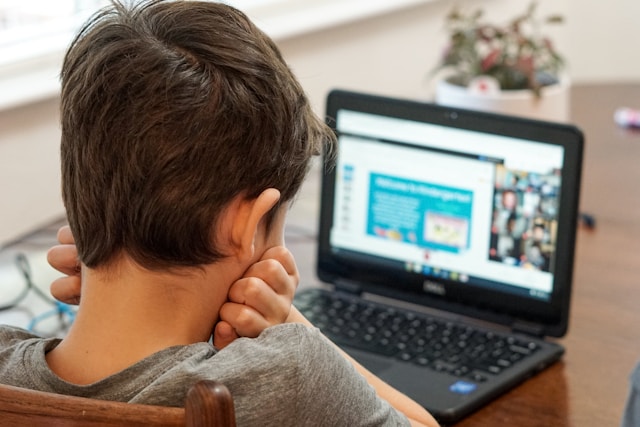Financial education is defined as any activity that assists young people’s knowledge and skills in the realm of money management. It can help people make more informed decisions from an early age. The Bank of England surveyed young people on this topic and 81% of 15-18 year olds across the UK said that they worried about money with 72% wanting to learn more about money and finance in school.

The education curriculum may be out of your control, but nothing is stopping you from taking matters into your own hands to help your kids flourish.
The importance of teaching financial literacy
Young children can be extremely impressionable, so the earlier you normalise talking about money, the more of an impact this will have later in life. This way, you can benefit from open and honest conversations about money, which in turn could reduce the risk of them landing into financial difficulties, such as getting into debt or being held back by a lack of savings. If you don’t encourage financial literacy, kids won’t be as well-equipped in later life.
Statistics show that three quarters of the UK falls below the financial literacy benchmark – and young people scored the lowest. While life experience undoubtedly explains an enhanced understanding with age, the benefits of financial literacy can be profound from a young age.
From explaining how to boost your credit score to help with a mortgage to saving for a large purchase that will enhance your life, there is plenty of ground to cover in terms of financial literacy. You can raise topics based on everyday scenarios by explaining something you’ve watched on TV together or by expanding on real-life topics when helping them with their homework. If you look hard enough, there are lots of opportunities to naturally embed these conversations in a way that feels natural.
Setting a good example
Children are impressionable – so what better way to showcase examples of good financial literacy than by demonstrating it in your day-to-day? If you can show that you have good financial control, whether through the food shop or shopping around to buy larger purchases, your kids will remember this and adopt these habits over time.
If you can prove that handling your finances well can become a habit, they’re sure to adopt this as they grow up and gain more responsibility.
Communication
Everyday conversations are a great in-road. The more transparent and open you are the better, whether talking about the logistics of buying a new car or explaining the process of applying for a mortgage. Rael-life scenarios will help them envisage these later down the line. Relatability is an important part of learning.
Be honest about your regrets and mistakes too. Perhaps you regretted getting a car on finance – if so, let them know why so they’re aware of this. Feel free to share mistakes from when you were younger too. You might have spent a large amount of money on something you regret or you might have started saving later than you would have liked.
Use technology
It’s no secret that technology can play a huge role in education. Kids need entertainment, so why not combine this with learning? Whether you use mobile apps or fun YouTube videos, financial literacy can take many different forms, so whatever age your child is, there’ll be something out there designed for their age group. It also means that kids can embed this knowledge on their own terms.